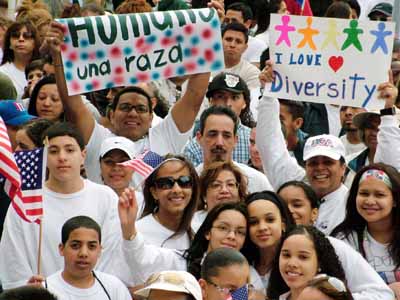In regards to the metaphors present in Maus, it is interesting that Spiegelman describes them as self-destructing. Although this statement is not qualified in the discussion board prompt, it seems safe to assume that the author of the quotation is implying that Maus exposes the absurdity of dividing different lines between races. However, it is unclear what relationship Maus has to the anthropocentric lines that exist in society today. While mice are used to represent Jews, the dialogue and characterization of these individuals are no different than humans, and there does not seem to be any clever analysis regarding the author’s decision to substitute mice for humans. Does Maus help us advance our metaphor of animals to the holocaust? When articulating the experience in Maus, much of the exploitation is contextualized with labor. The camps demanded “200 workers tomorrow” while the camp that the main character was present at only had “180 still registered” (35). Although the graphic novel later also discusses starvation, the analogy of the forced extraction of labor from animals is not apparent. The choice of mice is one reason, considering that mice are not usually used to extract labor (as opposed to horses or mules). Moreover, the mobilization of labor for the ends of the state is a relatively human phenomenon.
 |
| the labor market |
 |
| the nazis also depended upon military labor |
Also problematic within Maus is the ability for the main character to have agency. When the main character claims that he is a tin-smith, the officer exclaims, “A tin-smith! I’ll see what I can do!” (36). I am not going to speak of the likelihood of people getting special treatment from officers for teaching them languages (I was not there) but it goes without saying that animals never receive as much agency in their own personal enslavement. However, Maus does provide some useful commentary. Despite the injustices that the Jews faced, the old man describes a time when he “first came to New York” that was free of blacks (100). However, now he laments that “if I put down only for one second my valuables, they took” (100). In this way, Maus can be read as exposing the hypocrisy of being intolerant of racial injustice while still tolerating the poor treatment of animals. While this does nothing to excuse the lack of an explicit consideration of anthropocentrism, it still advances the theoretical ability to interrogate a variety of hierarchies simultaneously.
 |
| diversity and harmony are not easy goals |
 | | | |
| things done changed |
|




No comments:
Post a Comment